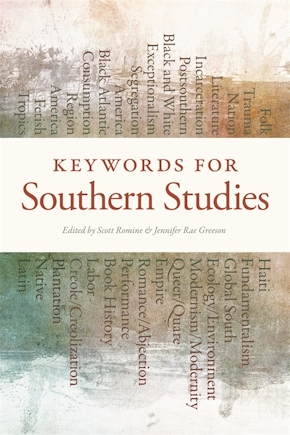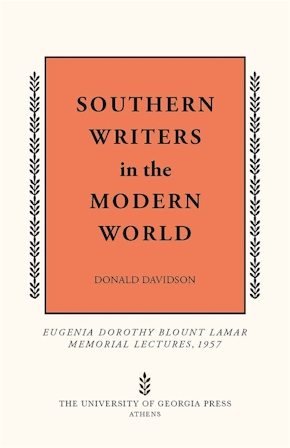Hidden in Plain Sight
Slave Capitalism in Poe, Hawthorne, and Joel Chandler Harris
Title Details
Pages: 156
Trim size: 5.500in x 8.500in
Formats
Paperback
Pub Date: 04/15/2022
ISBN: 9-780-8203-6259-5
List Price: $20.95
Hardcover
Pub Date: 04/15/2020
ISBN: 9-780-8203-5670-9
List Price: $25.95
Related Subjects
Hidden in Plain Sight
Slave Capitalism in Poe, Hawthorne, and Joel Chandler Harris
Skip to
- Description
- Reviews
For as long as the United States owed its prosperity to a New World plantation complex, from colonial settlement until well into the twentieth century, the toxic practices associated with its permutations stimulated imaginary solutions to the contradiction with the nation’s enlightenment ideals and republican ideology. Ideals of liberty, democracy, and individualism could not be separated from a history of forcible coercion, oligarchic power, and state-protected economic opportunism. While recent historical scholarship about the relation of capitalism to slavery explores the depths at which U.S. ascension was indebted to global plantation slave economies, John T. Matthews probes how exemplary works of literature represented the determination to deny the open secret of a national atrocity. Difficult truths were hidden in plain sight, allowing beholders at once to recognize and disavow knowledge they would not act on.
What were the habits of mind that enabled free Americans to acknowledge what was intolerable yet act as if they did not? In what ways did non-slave-owning Americans imagine a relation to slavery that both admitted its iniquity and accepted its benefits? How did the reconfiguration of the plantation system after the Civil War elicit new literary forms for dealing with its perpetuation of racial injustice, expropriation of labor, and exploitation for profit of the land? Hidden in Plain Sight examines signal nineteenth-century works by Edgar Allan Poe, Nathaniel Hawthorne, Herman Melville, and Joel Chandler Harris to show how writers portrayed a nation founded on the unseen seen of slavery’s capitalism.
Matthews addresses an enduring, beguiling problem: How can so many people fail to see
the fishbowl that is the all-enveloping presence of racial capitalism in the nation's history?
There is always a risk of recentering whiteness in the act of examining it, but there is also
a need to read familiar texts in American literature more clearly. They have been and will
continue to be widely taught. Matthews provides a model for how they ought to be read.
—Nathaniel Windon, American Literary Review



